Antibiotics used on farm animals account for more than 80% of all antibiotics sold in the U.S., and many of these drugs are medically important to the health of human beings. The overuse of antibiotics results in the development of drug-resistant pathogens, thus making the antibiotics less effective and requiring more potent drugs. Some of the nation’s biggest buyers of meat are making the switch toward purchasing antibiotic-free meat (or meat that is only given drugs not deemed medically important to humans), and today Walmart said it will begin collecting and sharing data on the antibiotics used by its meat suppliers. [More]
drug resistance
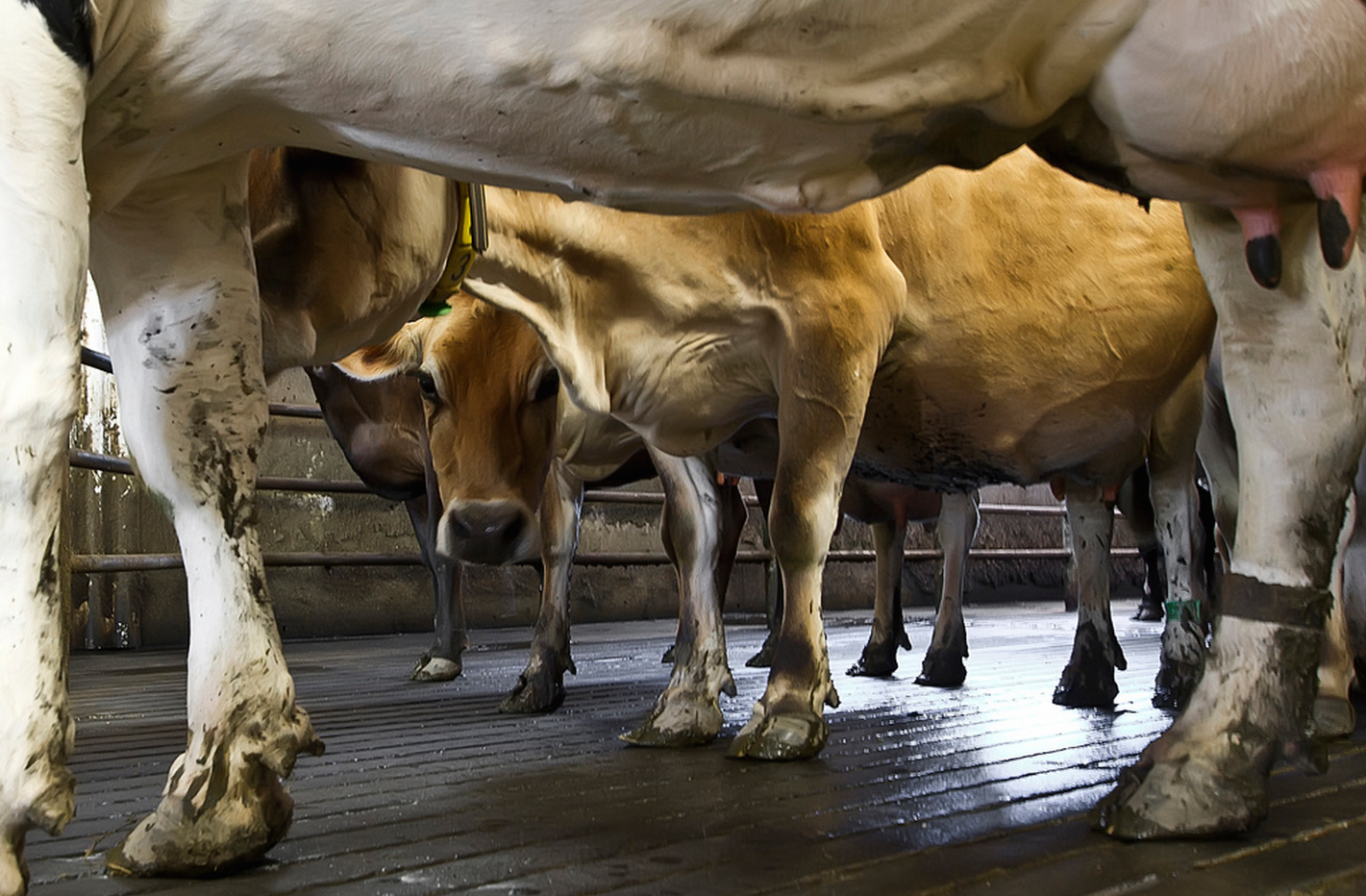
New FDA Rule Would Provide More Information About Antibiotics In Farm Animals, But Still Not Enough
After decades of inaction on the issue, the FDA is slowly taking actions that it hopes will curb the overuse of antibiotics in farm animals, which currently accounts for around 80% of all antibiotics sold in the U.S. The agency’s latest measure, if approved, will provide more information about how farmers are using these medically important drugs, but by the FDA’s own admission, it’s still not sufficient. [More]

FDA Finally Warns Drug Company Against Selling Antibiotic As A Pig-Fattener
A year after public health advocates called out drug maker Novartis for continuing to actively market a particular antibiotic as a product farmers could use to fatten up their pigs, the FDA has finally gotten around to issuing a warning. [More]

FDA: Antibiotic Use In Farm Animals Grew In Spite Of Regulation
Back in 2012, the FDA banned “extra-label” non-medical use in animals for the cephalosporin class of antibiotics, which are commonly used to treat humans for pneumonia, urinary tract infections, and other maladies. Not only did this restriction fail to curb the use of cephalosporins, but a new FDA report shows that the drug use increased following the ban. [More]

White House Acknowledges Health Risk Of Antibiotics Overuse; Critics Say It Fails To Fully Address Problem
In a new White House report on antibiotic resistance, the Obama administration acknowledges the serious public health risk posed by the over-prescription and overuse of antibiotics, and details multi-agency plans to combat the problem. However, many critics of the report say that these plans fail to close a loophole that will allow farmers to continue using medically unnecessary antibiotics on farm animals (who consume 80% of all antibiotics sold in the U.S.) primarily for the purpose of growth promotion. [More]
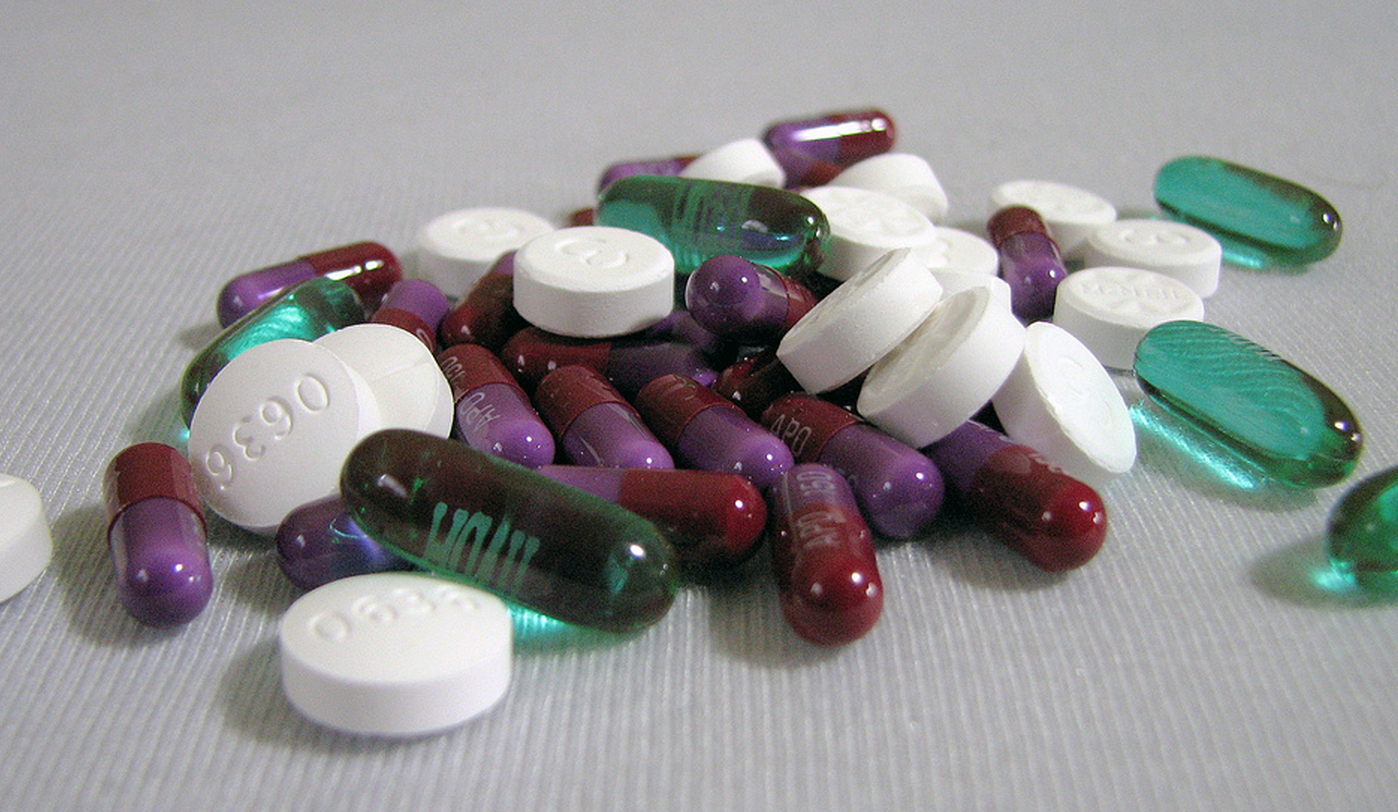
Survey: Overwhelming Majority Of U.S. Doctors Seeing Patients With Drug-Resistant Illnesses
While the pharmaceuticals industry and some livestock farmers and veterinarians still contend that there isn’t yet definitive proof that the overuse of antibiotics is leading to the development and spread of drug-resistant bacteria, a new survey of American doctors found that there is nearly universal concern among doctors about this issue, and that many physicians have treated patients with drug-resistant infections in just the last year. [More]
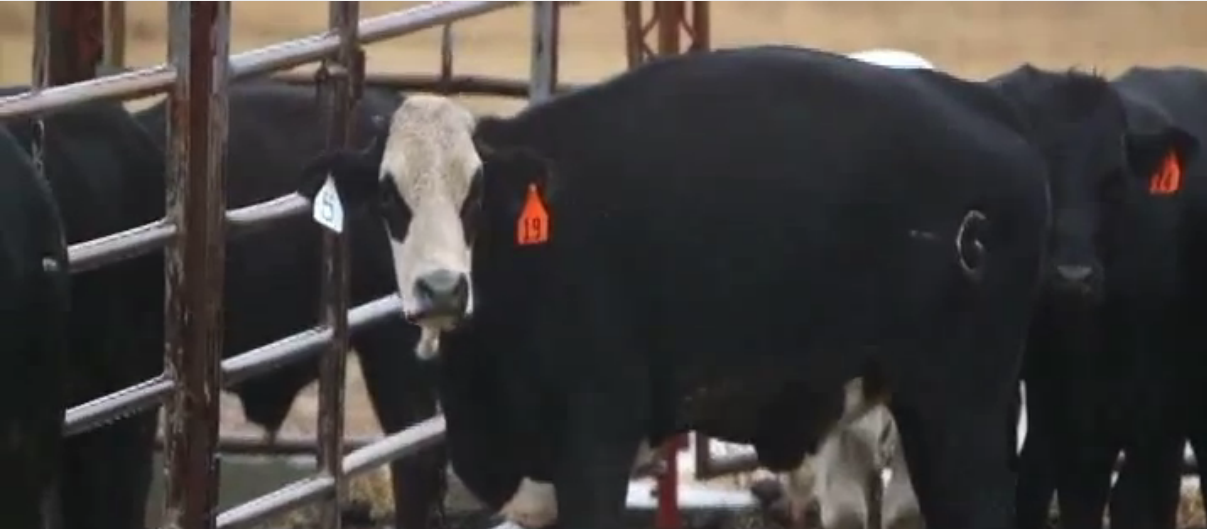
9 Things You Need To Know From Frontline Investigation Of Antibiotics & Animals
Last night, PBS’ Frontline aired a report on the huge amount of antibiotics that farmers pump into animal feed and the effects that this practice has on the development and spread of antibiotic-resistant superbugs that kill thousands of Americans and make millions more sick every year. [More]
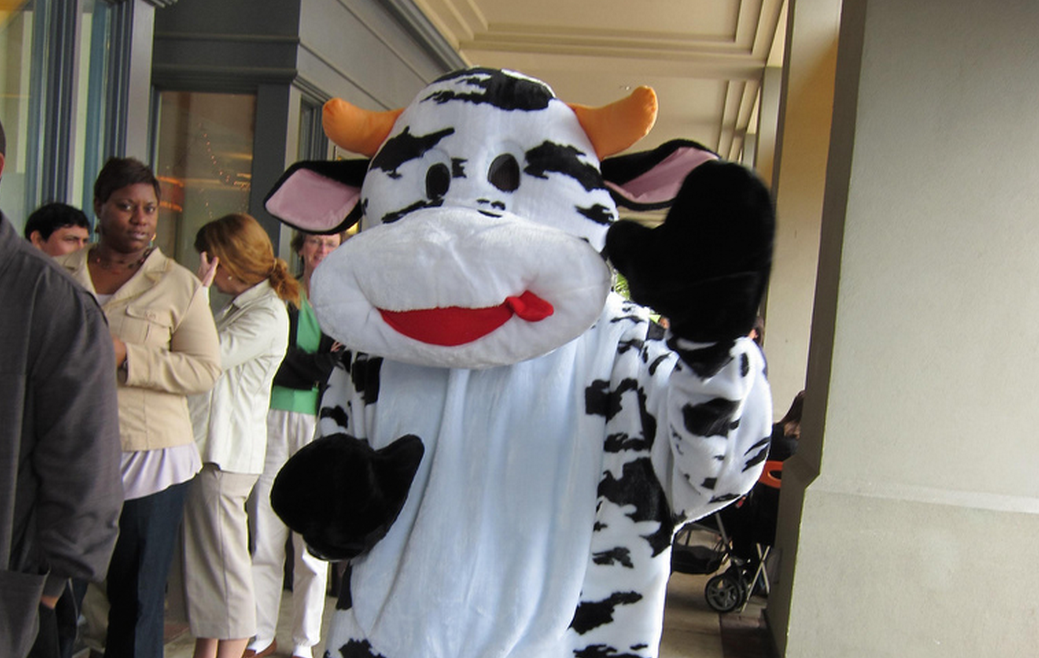
FDA: Use Of Vital Human Antibiotics In Animals Increased 16% In 3 Years
Even as a growing number of people — from consumers to scientists to physicians — expressed concerns about the overuse of antibiotics in animal feed, a new FDA report shows that farmers continued adding more drugs to their animals’ diets, and that almost every one of those antibiotics was purchased and administered without a prescription. [More]
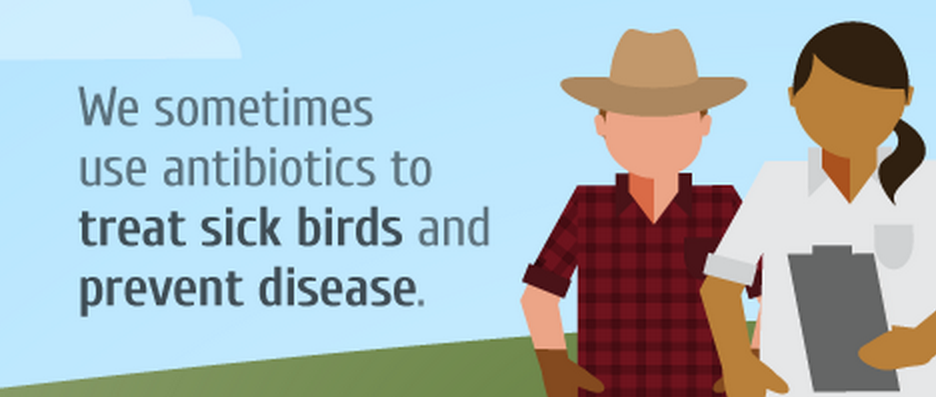
Tyson Decides To Feed Slightly Fewer Drugs To Its Chickens
When it comes to reducing the enormous amount of antibiotics being fed to animals solely for growth-promotion, just about any news is good news. So we welcome today’s announcement from Tyson that it will cease using antibiotics in its hatcheries, but still have concerns about the drugs being fed to birds once they leave the hatchery. [More]

White House Acknowledges Over-Use Of Antibiotics In Farm Animals, Shrugs
Last year, the FDA released voluntary guidance for the pharmaceutical industry, which sells 80% of all antibiotics in the U.S. to farmers, primarily because they promote growth in animals. That guidance asked drug companies to please stop selling antibiotics for that purpose, but allows them to keep selling just as many drugs for “disease prevention,” even though it’s been proven that continuous, low-dose use of antibiotics renders their medical use less effective and contributes to the development of drug-resistant pathogens. Today, the President’s Council of Advisors on Science and Technology issued a report that some had hoped would recommend the FDA take a harder line on this issue. Those people are probably a bit disappointed. [More]

Big Meat & Big Pharma Pleased As Punch With FDA’s Pointless New Antibiotic Guidelines
Yesterday, the FDA came out swinging (with a Wiffle ball bat) against the medically unnecessary use of antibiotics in animal feed (by politely asking the drug companies that make piles of cash off these drugs to please stop selling so many of them to farmers just to encourage tissue growth). To demonstrate just how weak this (in)action is, one need look no further than the enthusiastic response from the nation’s huge meat and drug companies. [More]
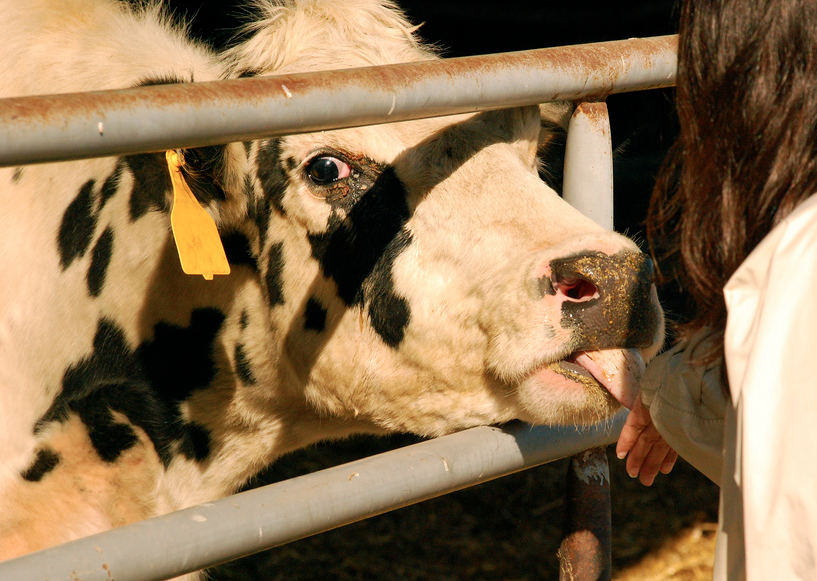
FDA Politely Asks Drug Companies To Voluntarily Stop Providing Antibiotics For Animal Feed
In the face of numerous reports indicating that the practice of using medically unnecessary antibiotics to bulk up farm animals is leading to millions of people getting sick each year from drug-resistant pathogens, the Food & Drug Administration drew a line in the sand today and put an end to the practi– oh wait, I meant that the FDA has politely asked drug companies to voluntarily phase out sales of these drugs to farmers. [More]
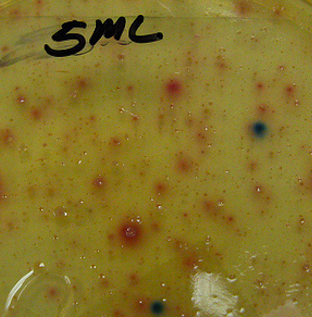
We Are In The Era Of “Nightmare” Bacteria And Nobody Seems To Care
On March 5, 2013, the Centers for Disease Control issued a press released titled “Lethal, Drug Resistant Bacteria Spreading in U.S. Healthcare Facilities.” The warning that followed was dire. Drug-resistant organisms called carbapenem-resistant Enterobacteriaceae, or CRE, were not only spreading more rapidly through U.S. hospitals, they were becoming more resistant to so-called “last-resort” antibiotics. “CRE are nightmare bacteria,” said CDC Director Dr. Tom Frieden. How nightmarish? According to data from the CDC, 1 in 2 patients who contract a bloodstream CRE infection will die. That’s an ominous statistic, but it might not even be the scariest fact about CRE. [More]
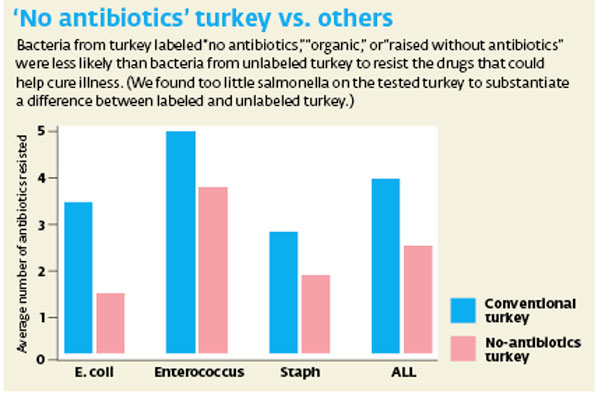
Tests: Ground Turkey From Antibiotic-Free Birds Less Likely To Harbor Drug-Resistant Bacteria
Most of us know that there may be potentially harmful bacteria on the raw meat we buy, but a new study appears to show a direct link between animals that have been provided antibiotics and the presence of pathogens that are resistant to drugs. [More]

Excreted Tamiflu Found In Rivers; Flu-Resistant Superbirds Coming Soon
You know all that delicious Tamiflu we humans have been taking in order to reduce our suffering as various strains of regular, swine, and bird flu fly around the globe? Yeah, um, turns out that it doesn’t break down in our bodies and can’t be removed by water treatment plants. The combination of Tamiflu-polluted waters and wild birds may result in resistant strains of avian flu.


